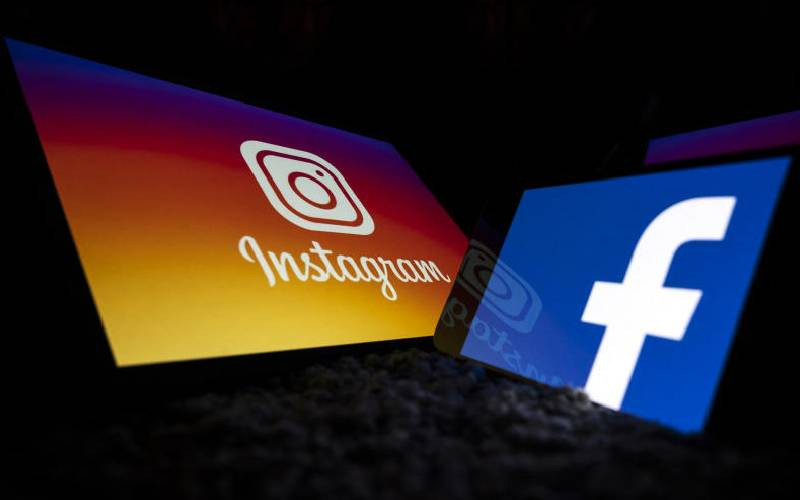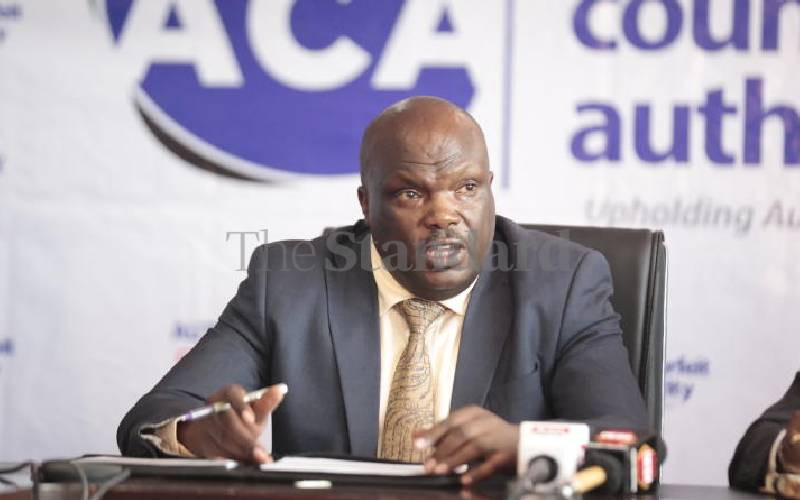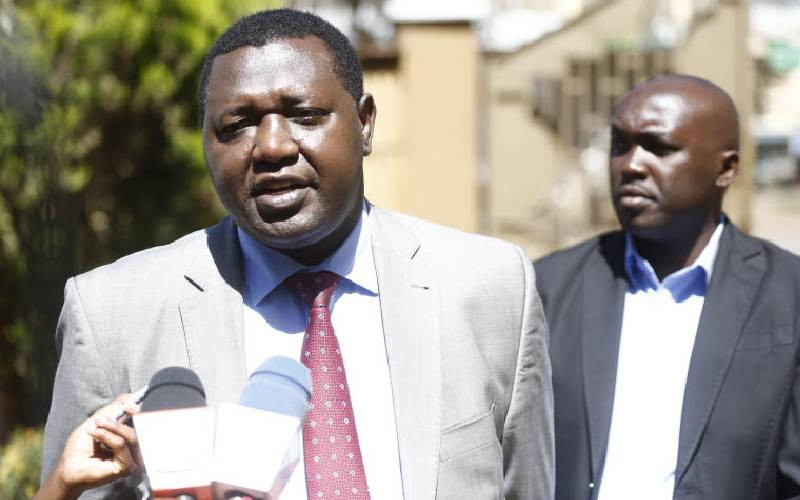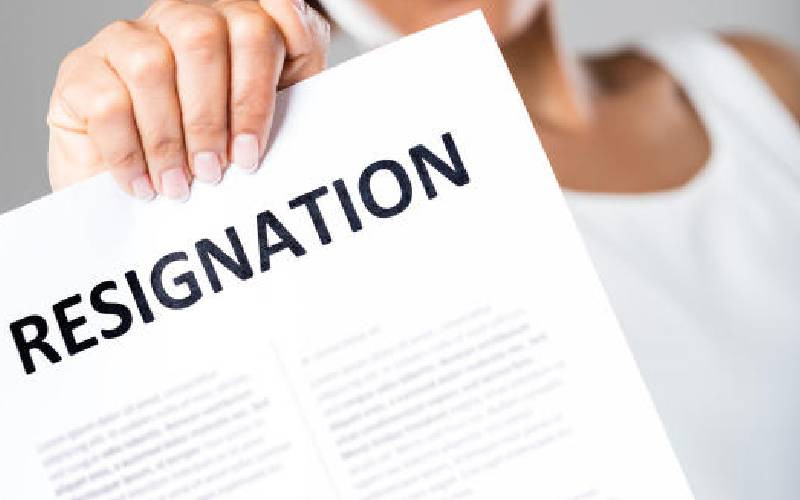
The recent ban of X (formerly Twitter) by the Brazilian Supreme Court has ignited a critical debate about the role of big tech companies in global democracies. The ban, which followed a disagreement over the social media company's refusal to censor accounts spreading misinformation and disinformation, raises significant questions about the influence and responsibility of tech giants in sovereign nations. Elon Musk, the billionaire owner of X, publicly vowed to defy the court’s orders, labelling the action as unconstitutional.
The arrest of Pavel Durov, CEO of the messaging app Telegram, in France last month for crimes including complicity in distributing child pornography and illegal drugs, is another example of the growing tension between tech companies and national governments. Similarly, in 2015, Brazil temporarily banned WhatsApp for failing to cooperate with criminal investigations. These instances highlight the escalating friction between the global reach of technology and the jurisdictional powers of national governments.
For the past 15 years, social media platforms like Twitter, Facebook, and others have been scrutinised for their impact on freedom of expression and the right to information. Initially celebrated as tools for democratic engagement and activism, these platforms are being criticised for enabling the darker sides of speech, including hate speech, disinformation, bullying, and polarisation.
The early optimism about social media’s role in promoting democracy was palpable during the Arab Spring when platforms like Twitter and Facebook were instrumental in helping citizens in North Africa and the Middle East to organise against oppressive regimes.
However, the narrative shifted dramatically with the Cambridge Analytica scandal, which revealed how personal data harvested from social media was weaponised to manipulate voters in the United States, the United Kingdom, Kenya, and Nigeria between 2015 and 2017. This incident exposed the potential for social media to be used as a tool for undermining democratic processes rather than supporting them.
At the same time, the role of social media in exacerbating ethnic violence became a global concern. Platforms were implicated in the persecution of the Rohingya Muslims in Myanmar, where social media was used to incite violence against the minority group. In 2023, a lawsuit filed in Kenya against Meta, the parent company of Facebook, accused the platform of fuelling the conflict in Ethiopia due to its failure to regulate hate speech and incitement to violence.
These issues came to a head in 2021 when Twitter was banned in Nigeria after the platform attempted to censor tweets by then-President Muhammadu Buhari, who had warned the Southeastern People of Nigeria about the risks of a repeat of the 1967 Civil War. This incident raised a critical question: Should a corporate entity have the power to silence a sitting president and prevent him from addressing his people? While the ban was widely condemned, it underscored the tension between state sovereignty and corporate power in the digital age.
Beyond the debate over free speech, concerns about the impact of social media on mental health, particularly among young people, have also come to the fore. A Facebook whistleblower revealed internal research showing that the platform was harmful to teenagers, contributing to issues like low self-esteem and self-harm.
- Journey to Surviving Cervical Cancer
- Dyscalculia: Why so many children struggle with numbers
- Nakhumicha calls for review of doctors CBA as strike bites
- Alarm as youth quit condoms for tablets in HIV prevention
Keep Reading
This revelation was compounded by findings that social media algorithms are designed to maximise user engagement by promoting content that provokes anger and division—further fuelling the toxic environment online.
As these examples illustrate, the world faces a pressing need to strike a balance between holding big tech companies accountable and preserving the principles of free speech and access to information. The challenge lies in developing frameworks that ensure technology serves the public good without infringing on national sovereignty or individual rights. As the influence of big tech continues to grow, finding this balance will be crucial for the future of global democracy.
 The Standard Group Plc is a multi-media organization with investments in media platforms spanning newspaper print
operations, television, radio broadcasting, digital and online services. The Standard Group is recognized as a
leading multi-media house in Kenya with a key influence in matters of national and international interest.
The Standard Group Plc is a multi-media organization with investments in media platforms spanning newspaper print
operations, television, radio broadcasting, digital and online services. The Standard Group is recognized as a
leading multi-media house in Kenya with a key influence in matters of national and international interest.











